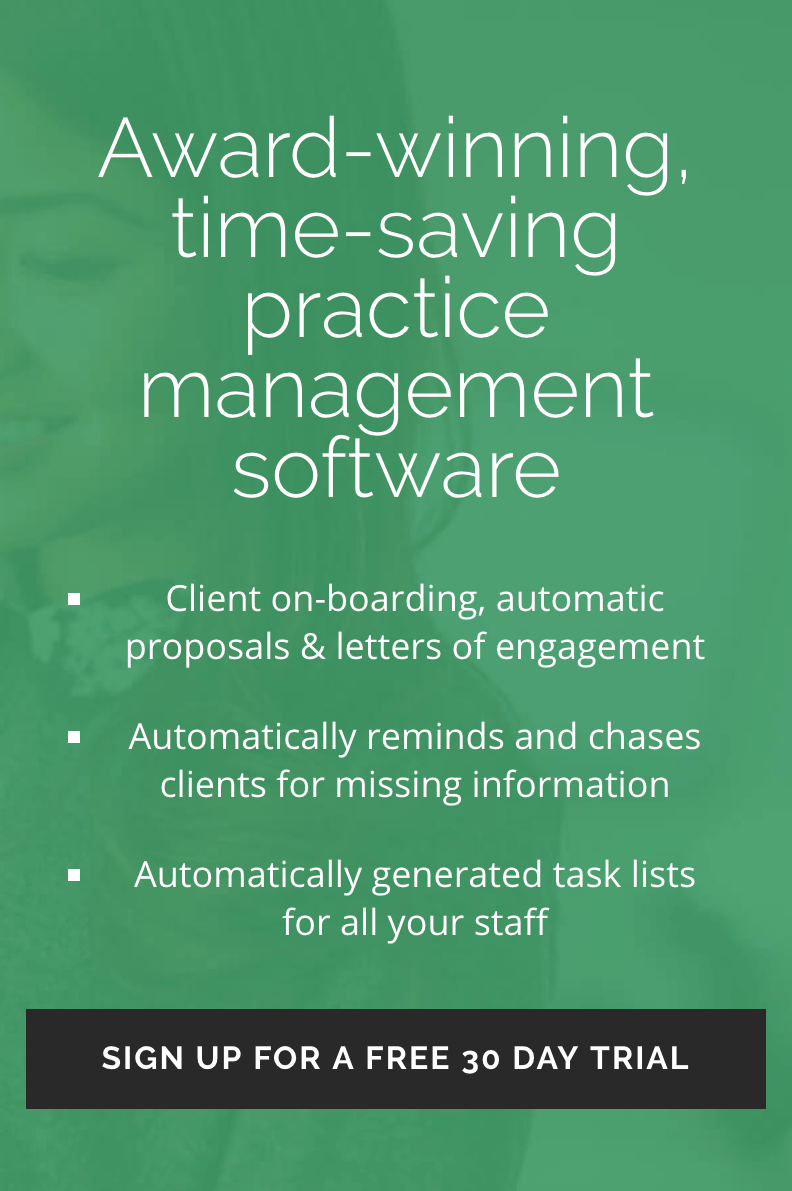A single person will need a post-tax annual income of £10,900 for a minimum standard of living in retirement, according to the Pensions and Lifetime Savings Association (PLSA).
The minimum retirement living standard is based on the Joseph Rowntree Foundation’s Minimum Income Standard and covers a typical retiree’s basic needs plus enough for some social activities, such as a week of holiday in the UK, eating out once a month, but not including running a car.
That spending budget increases to £16,700 for a couple and also includes subscriptions and services such as getting a haircut.
The moderate retirement living standard includes a two-week holiday in Europe and more frequent eating out. This was assessed to require a budget of £20,800 for a single person, £600 higher than two years ago, and £30,600 for a couple, up £1,500.
The annual budget needed for a comfortable retirement living standard has increased since 2019 by £600 to £33,600 for one person and £2,200 to £49,700 for a couple.
This covered items such as regular beauty treatments, theatre trips and annual maintenance and servicing of a burglar alarm.
Nigel Peaple, Director of Policy and Advocacy at the PLSA, said:
‘The pandemic has emphasised the importance of economic security as well as social and cultural participation in retirement.











